Walking does a lot of wonderful things for the body. In the final few steps of a good walk, any muscle stiffness you had before the walk might be all but a distant memory, your mood might be lighter, and you will likely feel more energized and ready to conquer the rest of the day.
But, some people also find that their fingers swell when walking. Swollen hands or fingers after walking can be concerning the first time you notice it if you don’t know why it’s happening.
In this guide, we will try to answer the common question, “Why do my hands swell when I walk?” and discuss ways to potentially prevent your hands and fingers from swelling when you exercise.
We will take a look at:
- Why Do My Hands Swell When I Walk Or Run?
- How to Prevent Your Hands From Swelling When You Walk Or Run
Ready?
Let’s jump in!
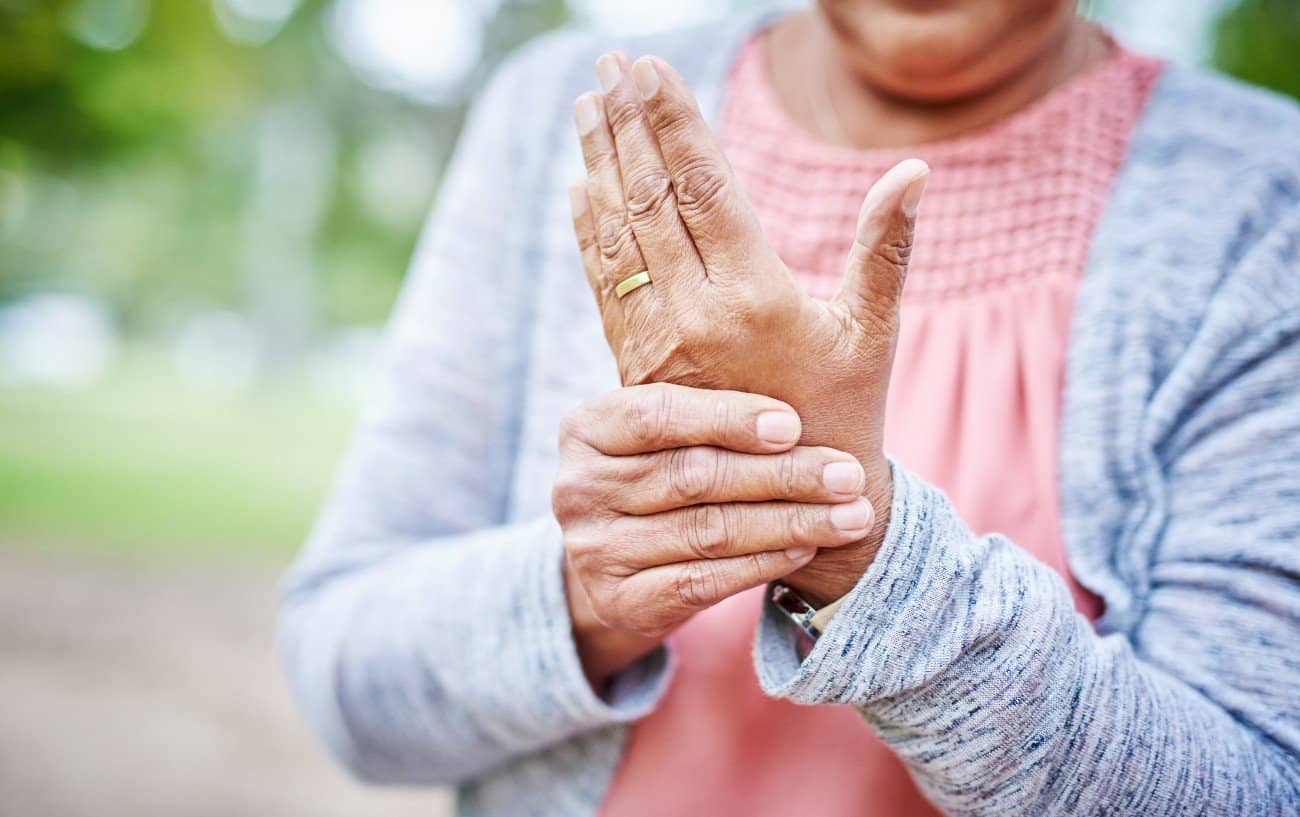
Why Do My Hands Swell When I Walk Or Run?
If your fingers and hands get swollen and puffy when you walk or run, you’re not alone. Many people, particularly women, report that their fingers swell when they are walking, although studies about fingers and hand swelling during walking are limited.
However, despite the fact that this seems to be a relatively common phenomenon, medical professionals and exercise physiologist researchers have yet to fully understand why this occurs.
The potential theories and hypotheses to answer your question, why do my hands swell when I walk or run are as follows:
#1: Changes In Blood Flow
When you exercise, blood flow increases to the heart, lungs, and working muscles in order to deliver an adequate supply of oxygen and nutrients to the working muscles.
To compensate, some of the normal blood flow to your extremities—like your toes, fingers, and hands—is diverted to supply the increase in relative blood flow to your muscles.
This reduced blood flow to the fingers and hands can cause a decrease in their temperature. As your hands cool down, the intricate network of blood vessels in your fingers and hands dilate. This can cause your fingers to swell.

#2: Swinging Your Arms
Some people theorize that fingers and hands swelling during walking and running is a product of the arm swing during these movements.
This concept can be compared to the experience of swollen ankles or feet after standing for hours, perhaps at the end of a long shift at work on your feet.
Blood and lymph circulate through your body at all times. However, when you are standing upright for a long time, the veins and lymphatic vessels that return fluids from the feet to your heart have to pump these fluids against gravity.
Despite the opposing force of gravity, your body typically does a good job and can usually maintain adequate circulation back to the heart. However, some amount of fluid can pool in the feet, causing visible swelling.
Unless you have venous insufficiency or some other circulation issue, usually, once you are lying down or have the chance to elevate your feet somewhat, this excess blood plasma and lymph fluid are flushed back to the heart, and the swelling subsides.
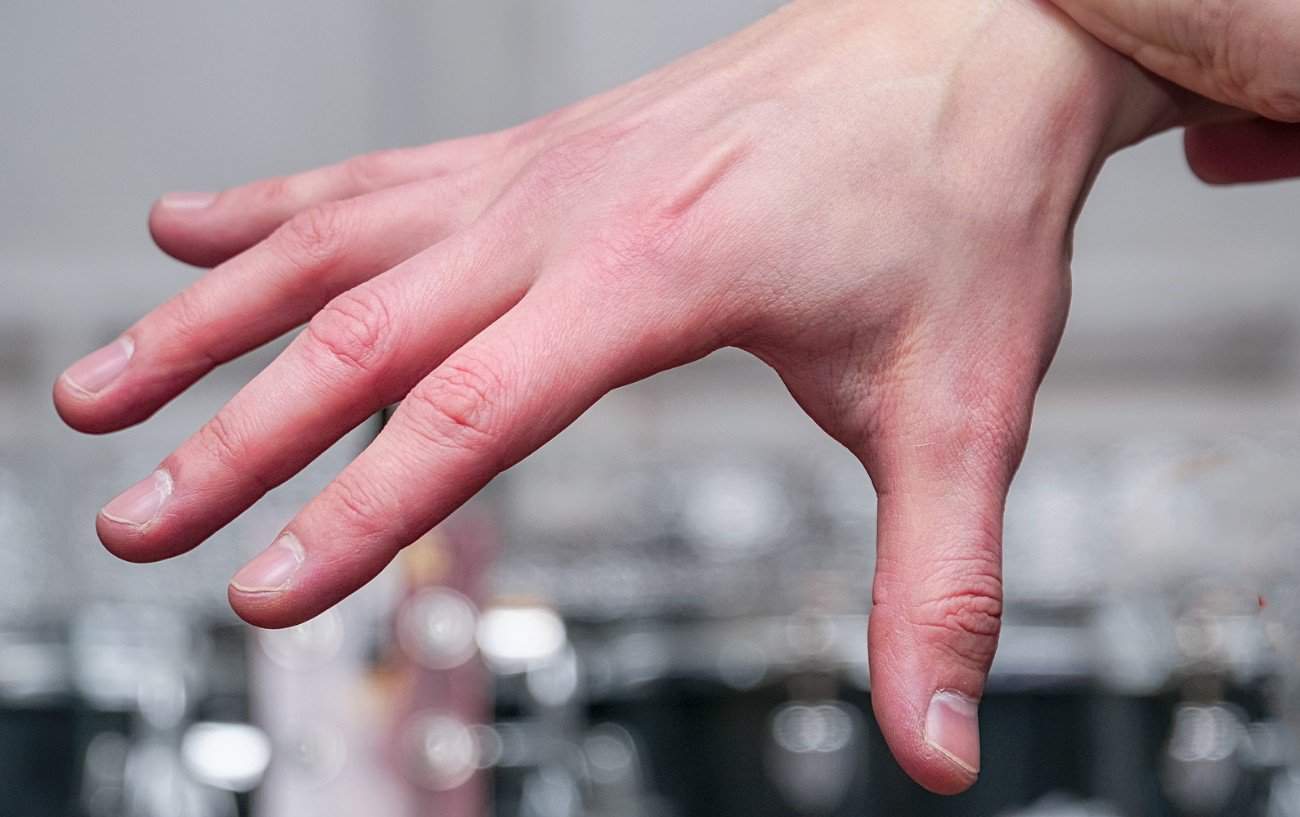
Similarly, a vigorous arm swing used during walking or running may push extra blood and lymph fluids into your hands and fingers.
Then, in the same way that these fluids have to fight gravity to return to the heart from the feet when you are standing, these fluids must work against the centrifugal force of your arm, thrusting them towards the fingers with every swing of your arm.
Each time your arm pumps back and forth, the momentum propels the blood into the fingers instead of squeezing it back up the arm to the heart.
Again, most of the blood and lymph are able to oppose this force and successfully circulate out of the hands, but some amount of excess fluid can accumulate over the duration of a longer walk or run, making your fingers and hands appear puffy and swollen.
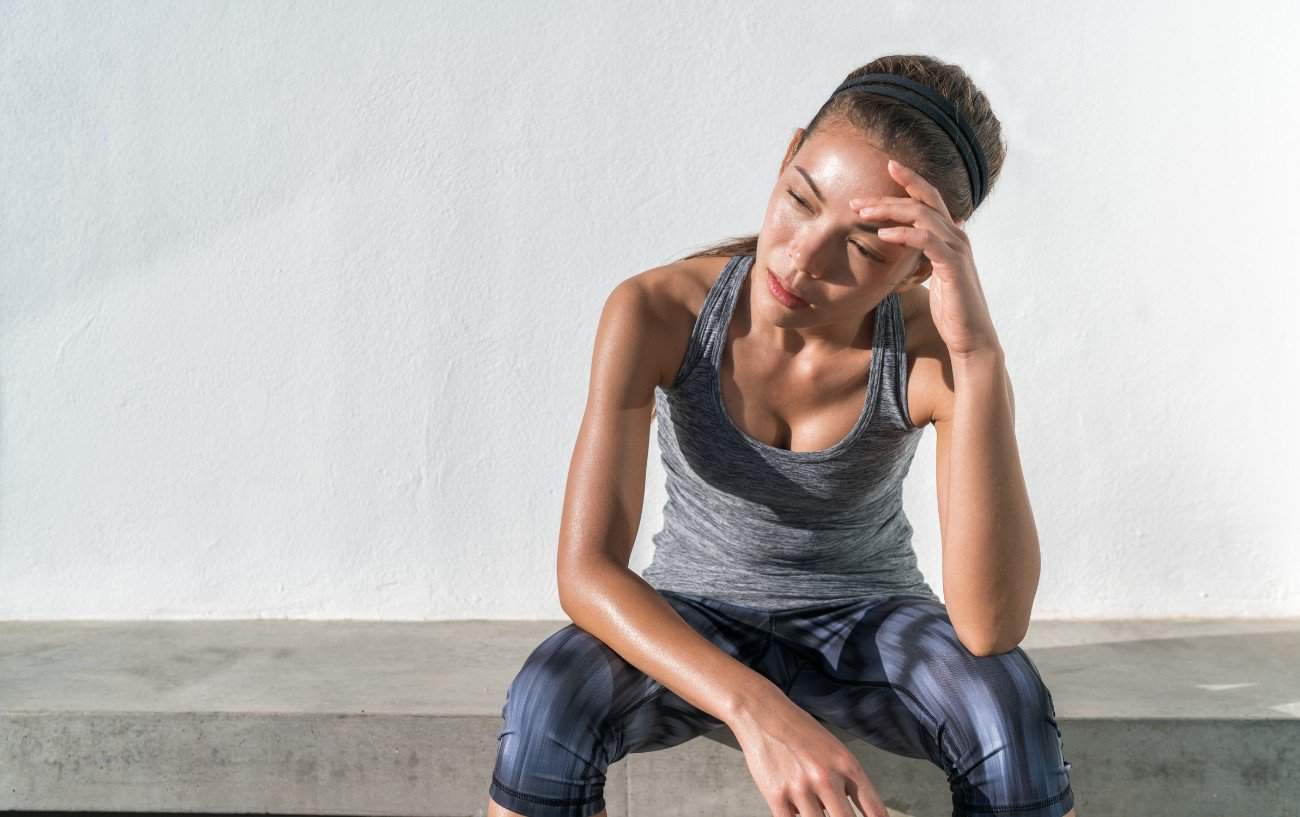
#3: Temperature Regulation
Many people who ask themselves why do my hands swell when I walk, note that the problem is usually exacerbated when exercising at either temperature extreme.
Studies show that our hands often swell while walking when it’s cold outside. As mentioned, the temperature in your extremities drops when you exercise. This causes all the many capillaries and larger blood vessels in your fingers and hands to dilate or widen.
When this occurs, more fluid fills the blood vessels, causing a visible puffiness.
Interestingly enough, a similar phenomenon can occur when you are exercising in the heat. Anytime you are exercising, but particularly when it’s hot outside, your body generates excess heat.
In an effort to maintain homeostasis and keep your core body temperature within a finite range, your body employs thermoregulatory mechanisms to cool you down.
These mechanisms include sweating and increasing the circulation to your skin and extremities to try and move more blood to regions away from the core where it can cool down.
Again, the blood vessels in the fingers and hands dilate to accommodate more blood. Vasodilation then causes your fingers to swell when you walk.
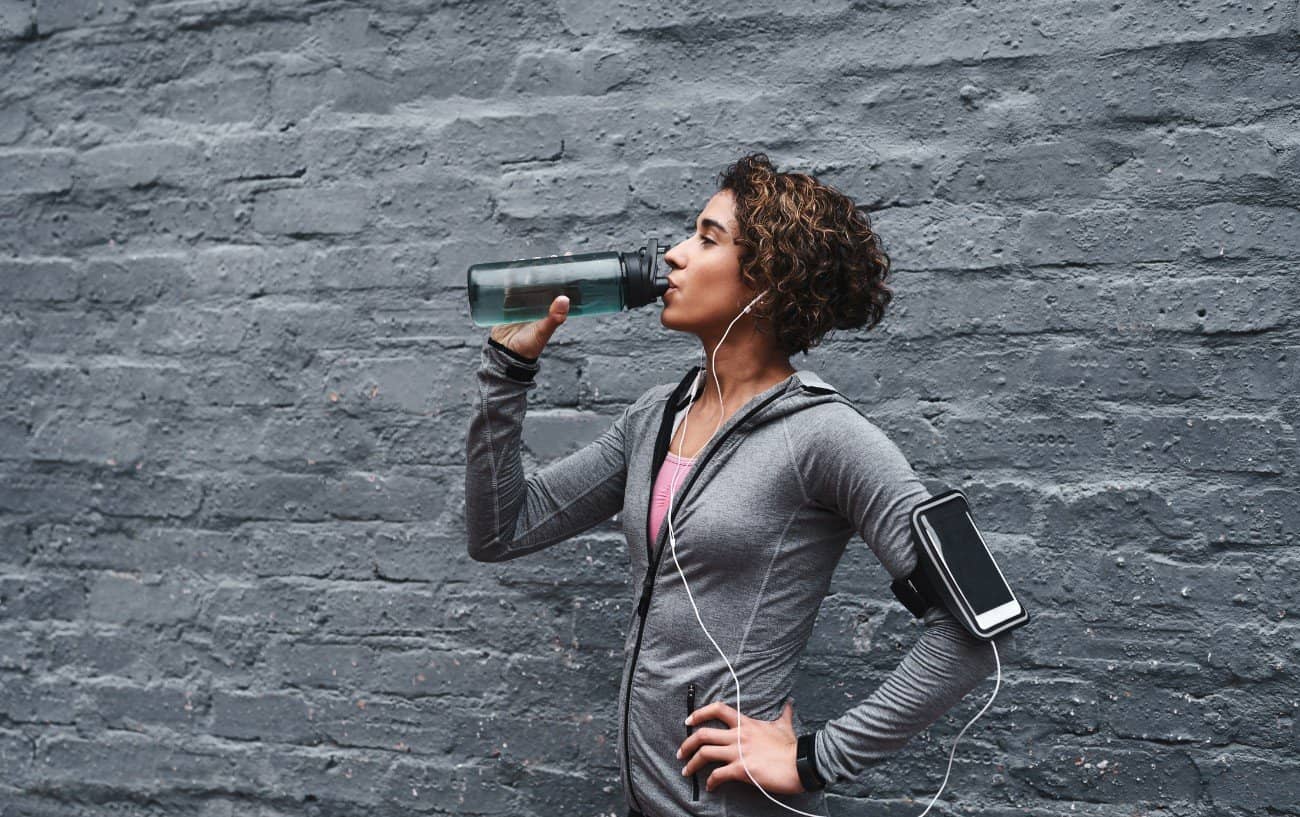
#4: Hyponatremia
Hyponatremia refers to a condition when your electrolytes, mainly sodium, get too diluted, usually due to an excessive intake of water.
Decades ago, runners only ever seemed to receive the advice to drink, drink, drink. The importance of hydration was stressed, but the conversation largely centered around drinking plain water.
While clean water is typically acceptable, if not preferred, for exercise lasting an hour or less, when running or working out in the heat or for more than an hour, drinking fluids with electrolytes becomes essential to maintain the electrolyte balance in your body.
Electrolytes like sodium, potassium, and chloride are lost through sweat, and simply replacing fluids but not these key minerals can cause the concentration of these ions in the blood to drop.

As electrolytes are vital for many physiological processes such as nerve conduction and heart and muscle contraction, imbalances or a significant dilution in sodium and potassium can cause a cascade of adverse consequences and physiological dysfunctions, ranging from mild muscle cramping and headaches to coma and death.
Exercise-induced hyponatremia can occur when runners (or occasionally walkers) drink too much water without taking in electrolytes. Coupled with the simultaneous loss of electrolytes in sweat, this causes the relative amount of sodium in your blood to drop too much.
One of the first signs and symptoms of hyponatremia is swelling, bloating, or puffiness, which may occur in your hands when you walk or run.
Hyponatremia is more likely to occur when people run or walk for a long time (think long runs or marathons), drink a lot of water, sweat a lot, and generally don’t take in a lot of salt.
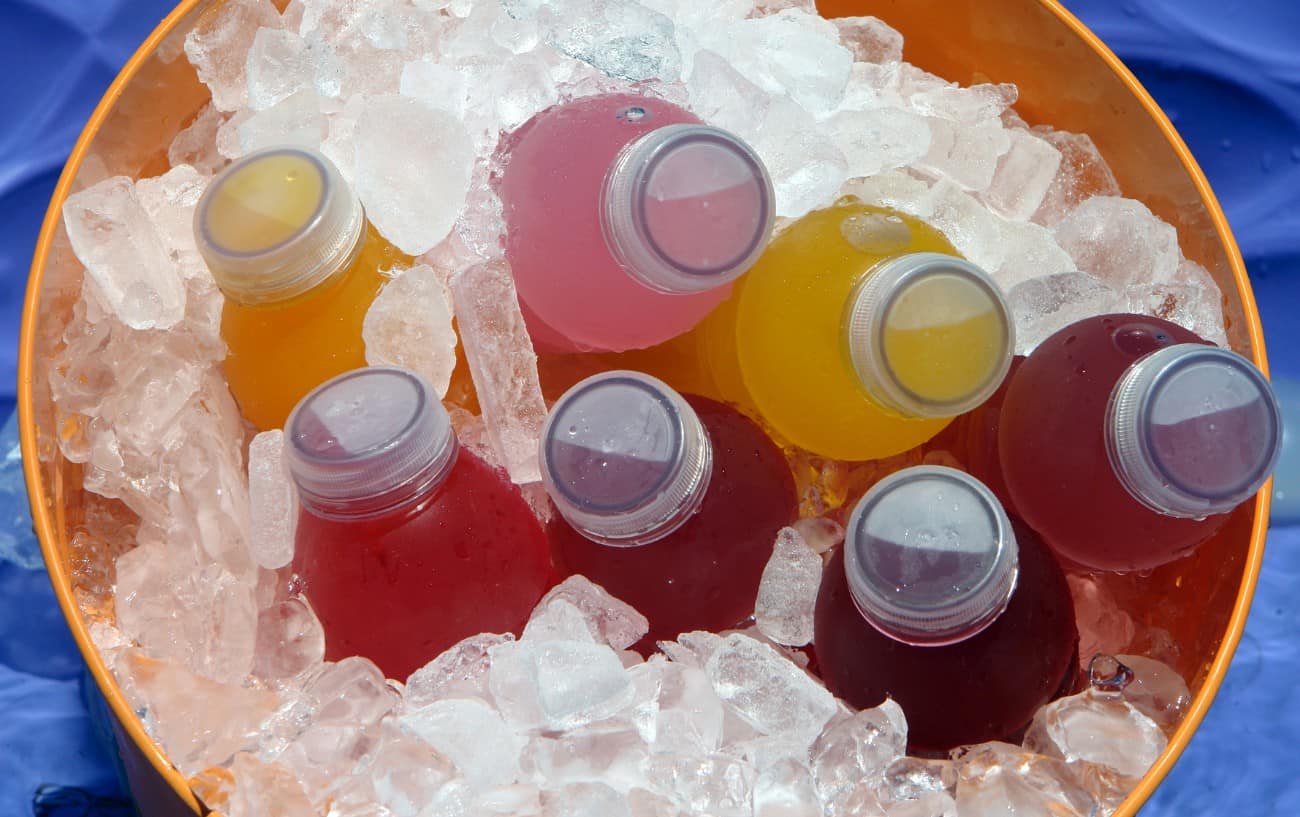
How to Prevent Your Hands From Swelling When You Walk Or Run
So, the natural follow-up question to “Why do my hands swell when I walk?” is “What can I do about it?”
Particularly because scientists aren’t entirely sure why exactly our fingers swell when walking or running, it’s not necessarily clear that there’s a guaranteed cure-all or preventative measure.
However, the following can potentially help reduce the severity of the swelling or prevent your hands from swelling when you walk or run:

Keep Your Hands Comfortable
In cold weather, wear gloves or mittens while you walk to keep your fingers warm. If it’s really hot or really cold outside, consider walking inside on a treadmill.
Examine Your Hydration
Make sure you’re taking in electrolytes during longer workouts.
Raise Your Arms Above Your Head
Though not a preventative measure, raising your hands above your heart (or head) after your walk can help resolve swelling in your fingers quicker.
Even though the answer to the question, why do my hands swell when I walk and run isn’t as clear as we would like it to be, give these tips a try the next time you go out and hopefully avoid that uncomfortable swelling in your hands.
If you feel your hands swelling may be a consequence of a lack of proper hydration, we can help you delve into your strategies and ensure you are hydrating well with the following articles:
Hydration For Runners: Everything You Need To Know!
Hydration And Salt Levels For Runners – Explained
Fluid And Electrolytes: A Complete Runner’s Guide













